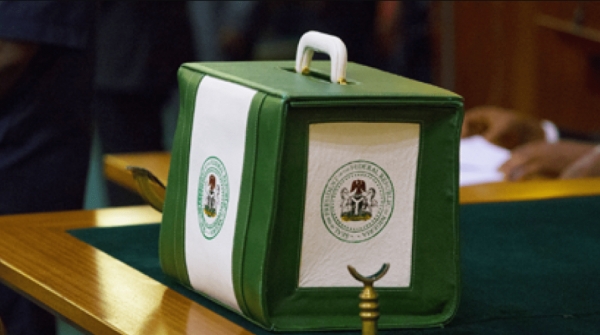The budget prioritises defence, infrastructure, and human capital development, with a projected deficit of N13.39tn to be financed through borrowing.
Speaking at the National Assembly, Tinubu stressed his administration’s commitment to strengthening security and revamping the nation’s infrastructure.
In the appropriation bill document obtained by our correspondent, the State House, which serves as the administrative hub for the executive arm, will spend N164m for the purchase of tyres for bulletproof vehicles, plain cars, jeeps, platform trucks, and other utility and operational vehicles.
Out of the sum, N1.1bn was earmarked for the replacement of SUV vehicles, and N3.66bn for the purchase of State House operational vehicles.
It stated that N127.86m will be spent on the procurement of SUVs for Mr President and the Vice President. This cost will be undertaken under the office of the President.
Similarly, N285m will be spent for the purchase of motor vehicles under the office of the Chief of staff to the president, while the Chief security officer to the President got an allocation of N179.63m for the purchase of security and operational vehicles.
Further checks showed that N2.12bn was allocated for honorarium and sitting allowances and proposed spending of N1.83bn for the construction of an office complex for Special Advisers and Senior Special advisers.
The PUNCH had earlier reported that the proposed 2025 Appropriation Bill under review by the National Assembly has an allocation of N4.91tn for defence and security while infrastructure will receive N4.06tn for projects such as the Lagos-Calabar Coastal Highway and the Sokoto-Badagry Highway.
The President also announced significant allocations for education and health. Education will receive N3.52tn, which includes funding for Universal Basic Education and nine new higher institutions, while the health sector will get N2.48tn to improve healthcare systems and provide essential drugs for public hospitals.
The budget is based on key economic assumptions, including a projected decline in inflation from 34.6 per cent to 15 per cent and an improvement in the naira exchange rate from N1,700 per dollar to N1,500 per dollar.


